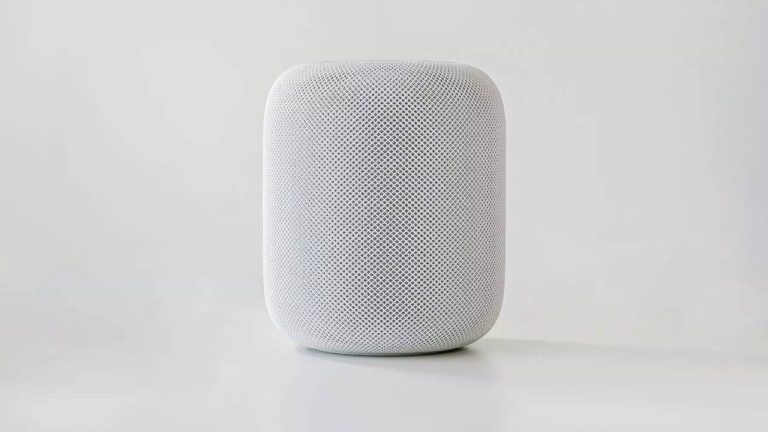Updated June 19, 2024, 11:24 IST
A recent study by Surfshark’s research hub, Smart Home Privacy Checker, uncovered some surprising trends in data collection practices in smart home apps.
According to Statista, global adoption of smart home technology is on the rise, with users expected to reach 785.16 million by 2028. This growth brings new levels of convenience and connectivity, but it also raises significant concerns about data privacy. A recent study by Surfshark's research hub, Smart Home Privacy Checker, uncovered some alarming trends in smart home app data collection practices. The study found that 1 in 10 smart home apps collects user data for tracking purposes.
Big players like Amazon and Google are known for their extensive data collection. For example, Amazon's Alexa app collects 28 of 32 data points, including precise location, contact details, and health-related information, well above the industry average. Similarly, Google's smart home devices collect 22 of 32 data points, including address, location, photos, videos, voice recordings, and browsing history.
Goda Sukackaite, Privacy Advisor at Surfshark, highlighted the disturbing implications of these findings, noting that convenience often comes at the expense of privacy. The study shows that data collection by these large companies intrudes into users' private lives and can lead to data theft, security breaches, and unlimited sharing of personal information.
Read the full story
The Surfshark study evaluated 290 apps on over 400 Internet of Things (IoT) devices, assessing 32 data points including user identification, tracking mechanisms, and data links. Findings show that users of smart home devices are paying a two-fold price: financial cost and personal data. Nearly a third of these apps collect detailed data points such as device IDs, email addresses, product interactions, and some even track precise location.
Outdoor security cameras are particularly aggressive in collecting data, collecting an average of 12 data points, 50% more than other devices. Apps such as Deep Sentinel and Lorex are contributing significantly to this increased data collection. Additionally, the study found that 12 of the 290 apps had not updated their data collection methods in over a year, raising concerns about compliance with privacy laws and transparency.
As smart home devices become increasingly integrated into our daily lives, users must balance the convenience these technologies offer with the need for privacy protection.

